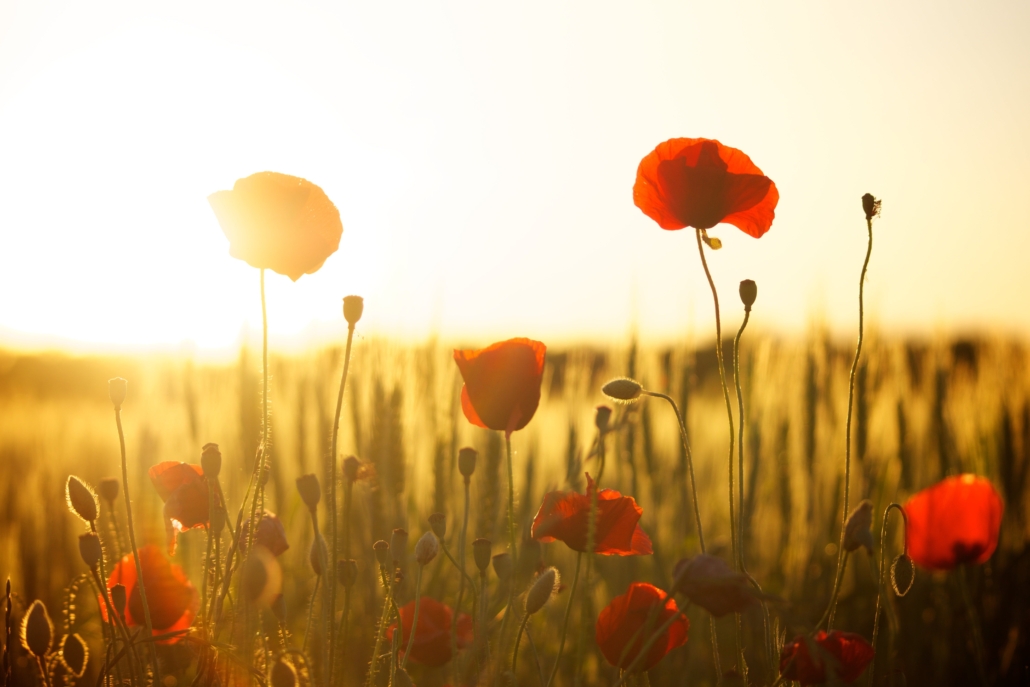Warden’s Thoughts on … Remembrance
Each year, when Remembrance Sunday comes around, I wonder about its relevance. After all, there are no survivors left from the First World War and veterans of the Second World War are fewer each year. My father lost three uncles on the western front and I grew up with a keen awareness of that, but my own children do not feel any connection to that. For the generations who fought in the first war, and their children, the annual acts of remembrance must have been very poignant, with almost everyone being so personally affected. At this distance, it is impossible for us to understand the trauma of what they experienced.
In the first war, 67 pupils and staff of St. Columba’s College were killed. Considering that this was a very small school at the turn of the 20th Century those numbers are hard to fathom. It must have been a common experience for the Warden to announce to the College the death of a recent pupil, remembered by many still in the school, or of a brother of a pupil in the school. Does one get hardened to that regular news, and cease to feel its impact, or does news of each death bring a new trauma?
I think there are two reasons why we should still continue to remember those who died, even as it becomes more part of history. Firstly, it is an integral part of our history as a school, part of our DNA, part of who we are. It surely does us no harm at all to remember the sacrifices that were made by previous generations, so that we can live in a peaceful and prosperous country, enjoying the freedoms that we share. Secondly, the annual reminder of the pain and destruction of war, and how little is achieved by it, is surely good for us, lest we get blasé and complacent. When we see war in Ukraine, dragging on towards the end of its second year, and the endless cycle of violence and war in the Middle East, we can either despair or commit ourselves, in our own very small way, to build understanding between individuals and communities…or even nations. We can start in this school.
In the Beatitudes Jesus said, ‘Blessed are the peacemakers, for they will be called the children of God.’ Not many are singled out for that praise. I guess that means that we are all called to be peacemakers, not just those in positions of power. I think that was a challenge from Jesus not just to the Nelson Mandelas among us, of whom there are few, but to each individual person in their family, place of work, community and even their own country. In chapel this morning, the reading from Luke’s gospel reminded us that anyone can love those who love them. That is easy. However, Jesus’s teaching that we should love our enemies and pray for who those persecute us is perhaps the most counter-intuitive and revolutionary teaching in history. No wonder even his own family thought he was mad!
It may sound absurd but what is more absurd is that throughout history so few people and peoples have taken him at his word.




